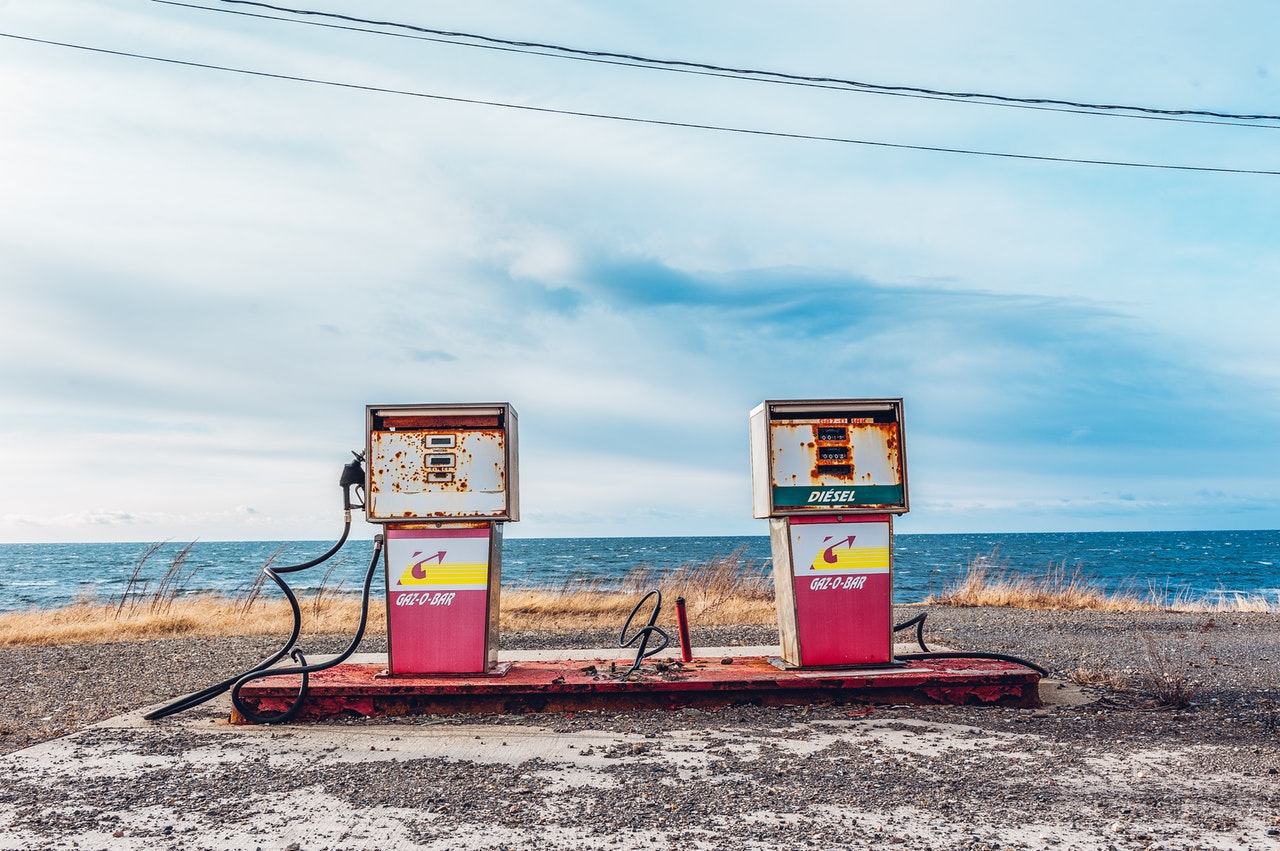Does fuel go bad?
- Details
- 27 February 2020

If you’ve got machinery sitting around your property that isn’t planned to be used for months at a time, it makes sense to wonder if the leftover fuel in the tank is still good to use down the track. What if you’ve got emergency fuel stored in a canister for a rainy day? Or bulk fuel in a fuel tank on your farm? What are the rules on low long it lasts in storage?
Does fuel go stale?
Diesel doesn’t age as well as it used to, and as it gets older a fine sediment and gum can form which happens when the fuel reacts with oxygen in the air. Once this sediment forms, using it will lead to blocked fuel injectors, fuel lines and other system components which will hurt fuel economy and performance. Your engine might plonk out and you’ll likely have to change your fuel filters more frequently and experience carbon and soot deposits on all the injectors and combustion surfaces.
General rules on storage life
Under normal storage conditions, diesel and petrol fuel remains in a useable condition for:
- 12 months or longer at an ambient of 20⁰C
- 6-12 months at an ambient temperature higher than 30⁰C
Low sulphur diesel stored in self-bunded or underground tanks is less likely to degrade. It can last up to five years if methods to keep water and fungus out are in place on your property and can even last up to ten years with regular inspection.
Storage conditions that effect fuel quality
- Contact with zinc and copper from dirt and dust. The reaction of these metals with fuel will quickly react to form unstable compounds
- Water contamination from condensation can form inside the fuel tank which is a breeding ground for fungus and bacteria. If the water isn’t separated from the fuel it can run through the system and into the fuel injectors.
- Exposure to extreme temperatures
How to identify bad fuel
The easiest way is to take a thorough look at it. Oxidised fuel will become darker over time and will have a sour smell. You can even go as far as to compare it with fresh fuel by pouring it side-by-side into a glass. If the older fuel looks much darker, it’s a good sign that it’s contaminated.
Preventing contamination
If you plan on keeping fuel in a jerry can or larger tank for a few months, it’s worth adding in a stabiliser. It’s best to do this before you plan to put a vehicle or machinery in long term storage. The stabiliser will help prevent oxidisation and is preferable to needing to find a place to dump fuel responsibly. Be mindful that the stabiliser won’t last forever and it’s not a solution you can add to old fuel.
Bulk Fuel Australia is a trusted supplier of bulk fuel for businesses across the country. We offer safe and reliable delivery of high-quality fuels, such as Final Filtered Diesel®, with quick and easy payment options available. Call us today on 1300 579 990 to place an order.
